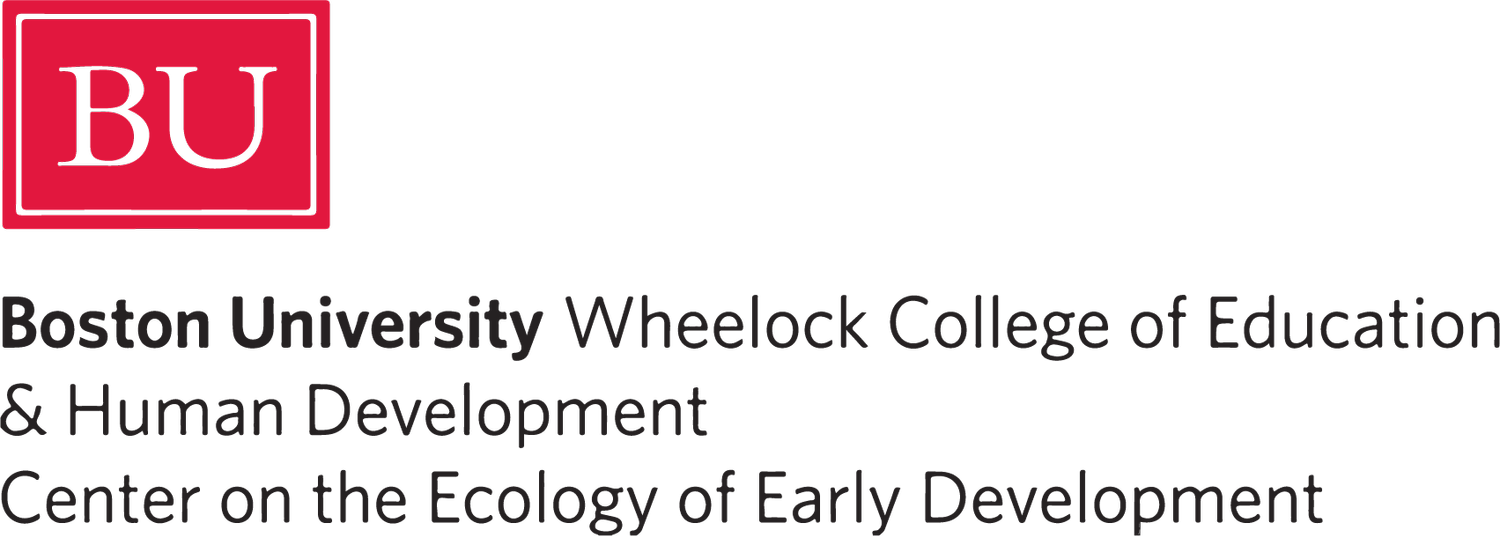Language and Literacy for Liberation
Researchers at CEED, in partnership with colleagues from other universities, are investigating the strengths and needs of Black children in terms of early literacy skills and the use of oral language, specifically conversations and narratives, to foster relationships, build identity, and advance their learning.
Conversation Compass
Classroom conversation plays an important role in the development of children's language and reasoning skills. However, studies show that classroom talk relies too heavily on directives and closed-ended questions. Conversation Compass is a book authored by CEED executive director Dr. Stephanie M. Curenton. The book provides many tools--including conversation maps and tracking forms, activities and reflection questions--designed to help educators learn to adapt their classroom conversations to meet the diverse needs of all the children they teach and set them up for academic success.
The Dual Language Learners Study
The Dual Language Learners Study is part of the larger Conversation Compass Project and focuses on the conditions that foster dual language learners’ participation in classroom conversations in early childhood. Dual language learners (DLLs), a subset of culturally and linguistically diverse learners whose families speak a minoritized language at home, make up close to one third of school-aged children. This project is motivated by the importance of oral language skills in the minoritized and socially dominant languages for DLLs' literacy development and school learning and research showing that children’s oral language skills can be fostered through responsive, contingent interactions with teachers. However, such conversations are relatively rare in preschool classrooms, particularly between teachers and their DLL students. In this project we draw on video-recorded observations of classroom conversations between teachers and their DLL students in preschool classrooms to shed light on how teachers' flexible use of DLLs' languages can promote equitable learning environments and positive outcomes for DLL students.
Literacy for Justice, Equity Diversity, and Inclusion: Curriculum & Book Review Audit
CEED worked in partnership with the Children’s Literacy Initiative (CLI), to pilot a curriculum audit tool used to evaluate their Pre-K curriculum, Blueprint for Early Learning©, and the curriculum’s accompanying language and literacy resources (i.e., storybooks). This work resulted in a refinement of the original methodology Franco-Jenkins, Iruka, and Curenton (2021) used to evaluate Jumpstart’s preschool curriculum. The resulting products included an audit tool for reflecting on curriculum and criteria for book review audit tool used to rate storybooks. These audit tools use a framework that is culturally responsive, anti-bias, and anti-racist (CRABAR). These tools can be used by teachers, education leaders, and administrators working with children in early childhood and elementary school, and are called Reading for Justice, Equity, Diversity, and Inclusion (JEDI): Storybook Audit Tool and Learning for Justice, Equity Diversity, and Inclusion (JEDI): Curriculum Audit.




